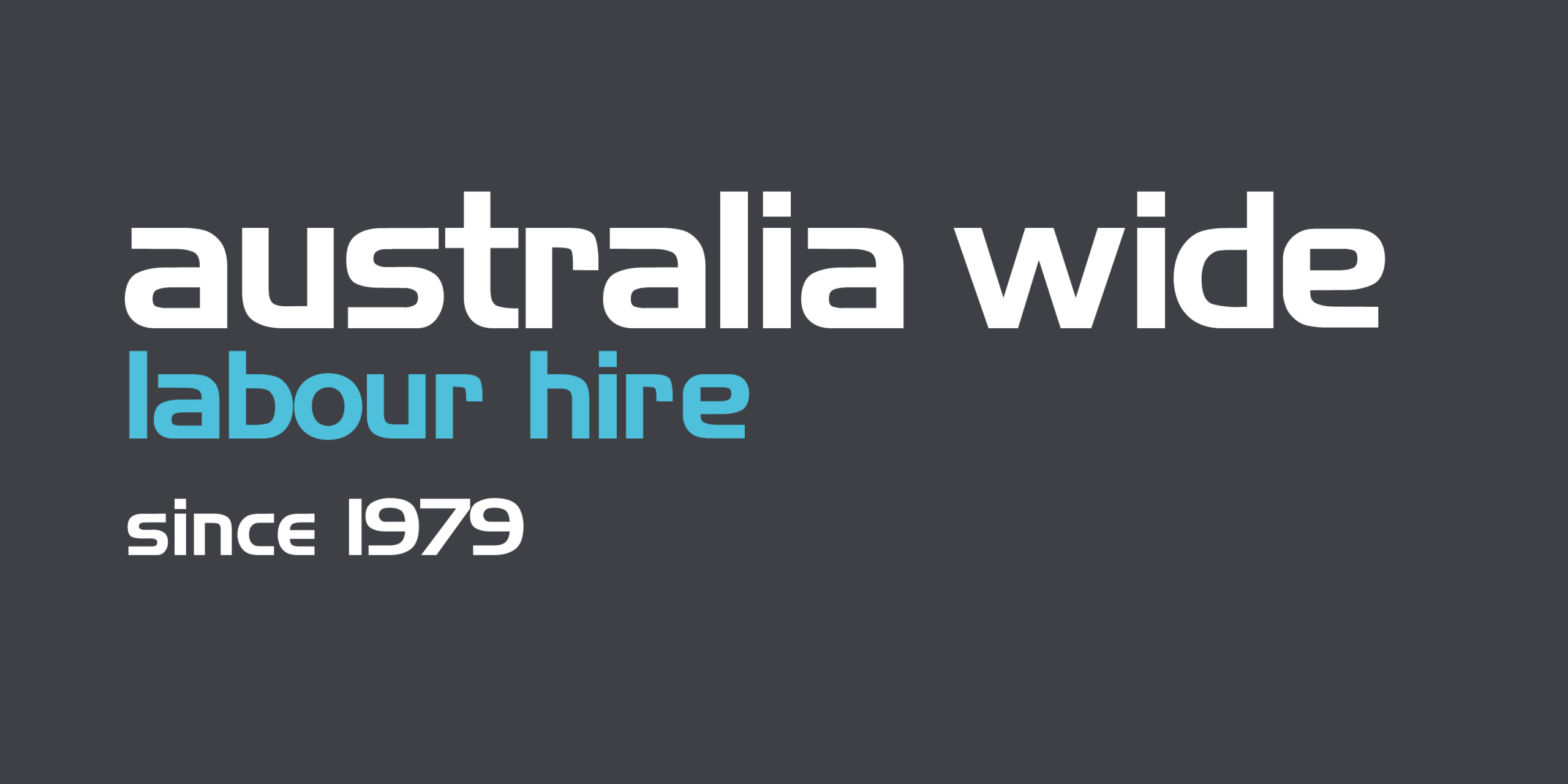3 interview answers you’re better off keeping short and sweet
Author Richard Moy on Mashable
I used to fall into the trap of thinking that the longer an interview went, the better my chances of getting the job became.
This wasn’t something that hindered me exclusively in the early stages of my career, either. I had a bad habit of talking hiring managers’ ears off for as long as they could tolerate me.
Then I became a recruiter, and I realized that while some answers do require a lengthy conversation, there are plenty of others for which a short response is actually best. What’s more, I learned that there are plenty of people who think all interview questions require you to deliver an essay aloud. To clear up any confusion before you sit down for this conversation, here are a few answers that are perfectly OK to keep brief.
1. What Type of Salary Are You Looking For?
Discussing money with a recruiter is one of the most unnerving parts of any stage of the interview process. And if you’re anything like me, you’ve made some mistakes in the past when trying to tell a potential employer that you’d like a fair wage, but mostly you’d just like to be hired.
However, because it can be such an uncomfortable thing to discuss, your answers to salary range questions can get surprisingly long in a shockingly small amount of time. Unless this is the final round, odds are this person’s just trying to find out if your requirements are in line with the budget. So, the next time you’re sweating this answer, try this out:
“Based on what I made in my previous role, I’m looking for something between [a reasonable range based on your research].”
Note: The key to giving this range depends on you doing your research before the interview. Muse writer Matt Mickiewicz lays out the four steps you need to follow to figure out what you’re really worth.
2. Do You Have Any Questions for Me?
You should go into every interview with questions for the employer. However, that doesn’t mean your questions themselves should always be long-winded. In fact, some of the most difficult ones I was asked as a recruiter were also the longest. By the time the person wrapped it up, I had no idea where to begin.
Even worse for the candidate, they led to additional follow-ups that ultimately made us eliminate them from consideration. Why? Unfortunately, the questions were so long, it led them to sharing information that raised unexpected red flags. So, before you go on a tangent about your new puppy or the flickering light in the office, try this:
“So I was thinking about [something the hiring manager said during the interview], and it made me curious about [something you’re curious about]. Could you tell me a little more about your plans for that [initiative/project/challenge]?”
3. What Will You Miss Most About Your Current Job?
This was especially challenging for me to hear about as a recruiter. Sure, it’s nice to know that a candidate isn’t interested in your opening just because it would mean getting to quit his or her current job. But, going on for too long about what you love about your gig is an excellent way to make a potential employer think that you have no interest in leaving.
Here’s a secret about this question too: It’s just a way for most interviewers to wrap up a conversation. So don’t overthink it—and do your best not to wax poetic about how awesome your current job is.
Try this template instead:
“Well, my current role has allowed me to [a couple of words about personal growth you’ve experienced], and I will miss the talented team, but ultimately, the prospect of working on [a project or two the interviewer mentioned] was too much for me to ignore.”
In conclusion:
Interviews will never be fun for anyone.
However, you can make life a little less stressful for you and the people you meet with by keeping certain answers short and sweet. While it might feel strange to be brief in some of your responses, these are prime examples of questions that you’ll be asked that don’t require you to connect every dot and write the next great American novel.
Not only will you save yourself a lot of energy, but you’ll also put yourself in a much better position to get the job.
